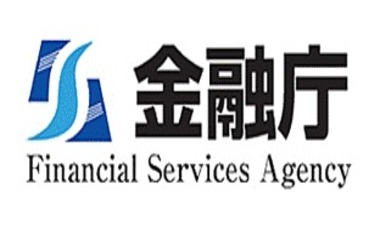
In addition, a self-control plan for crypto exchanges was submitted to the regulatory agency. Japan’s topmost Financial watchdog, the Financial Services Agency (FSA), distributed numerous reports from its fifth crypto study group convention on wednesday, September 12.
The present standing of the cryptographic rules and equity market admissions was talked about. The agency affirmed that out of the 16 firms that have been permitted to run crypto exchanges as their applications are being looked into, only three have survived the agency’s latest assessments. Coincheck, Lastroots, and Everybody’s Bitcoin are presently being surveyed.
The FSA repeated that it is “currently reviewing the work improvement report” of Coincheck and, in the weeks that follow, it will regularly conduct on-spot assessments of enrolled exchanges. One of the 16 companies was refused by the Agency and 12 others bowed out. Furthermore, approximately 160 companies have expressed their plan to enroll cryptographic changes.
FSA Expanding Cryptocurrency Team
Kiyotaka sasaki, FSA’s vice commissioner for policy coordination, stated at the convention that “the biggest problem is how to deal with new operators.” He pointed out that the Agency right now has 30 employees whose everyday jobs include tracking cryptocurrency exchanges and traders, observing unregistered operators and looking into enrollment applications. As over 160 companies are looking to enter the market, the FSA is planning to add more staffs to assist evaluate candidates. In 2019, the agency is planning to increase its staff strength by 12 to respond swiftly to cryptocurrency exchange operators.
Self-Regulation Plan
The gathering also talked about self-regulatory policy set up by the Japan Virtual Currency Exchange Association (JVCEA).
Currently, the 16 government-approved members of the association are: Money Partners, Bitflyer, Quoine, SBI Virtual Currency, Bitbank, Bittrade, GMO Coin, Btcbox, DMM Bitcoin, Bitpoint Japan, Bitarg Exchange Tokyo, Bitgate, Bitocean, Fisco Virtual Currency, Xtheta, and Tech Bureau.
The president of the Organization and Money partners, Yasunori okuyama, elaborated to the conference participants the extended list of self-regulatory guidelines detailed by Impress Corporation. One of the regulations applies to the management of crypto currencies on exchanges, which states:
“When handling a new virtual currency, after conducting an internal review by the member, it is necessary to notify the association beforehand, and if the association gives an objection, it will not be handled.”
Another law applies to the administration of client assets. The association clarified that additional limitations have been included such as “measures concerning margin trading using virtual currency” in compliance with the fund settlement law and the managerial rules. The maximum leverage allowed by the Association is four times, but individuals are allowed to choose their specific limit in certain circumstances.
The margin trading guideline aims to “suppress the risk of loss of users and excessive speculative transactions in leverage transactions using virtual currency.”
Furthermore, the crypto exchanges should comply with anti-money laundering (AML) and anti–terrorist financing (CFT) rules as well as regulations relating to antisocial elements. Other regulations comprise basic transactions, dispute resolution, advertising and publicity, trade guidelines, ethics and dealing with initial coin offers (ICOS). While the organization says that “the self-regulatory rules will generally be enforced” at an early stage in order to acquire the accreditation of our association, it recognizes that certain rules may take longer to comply.